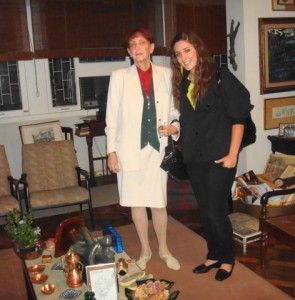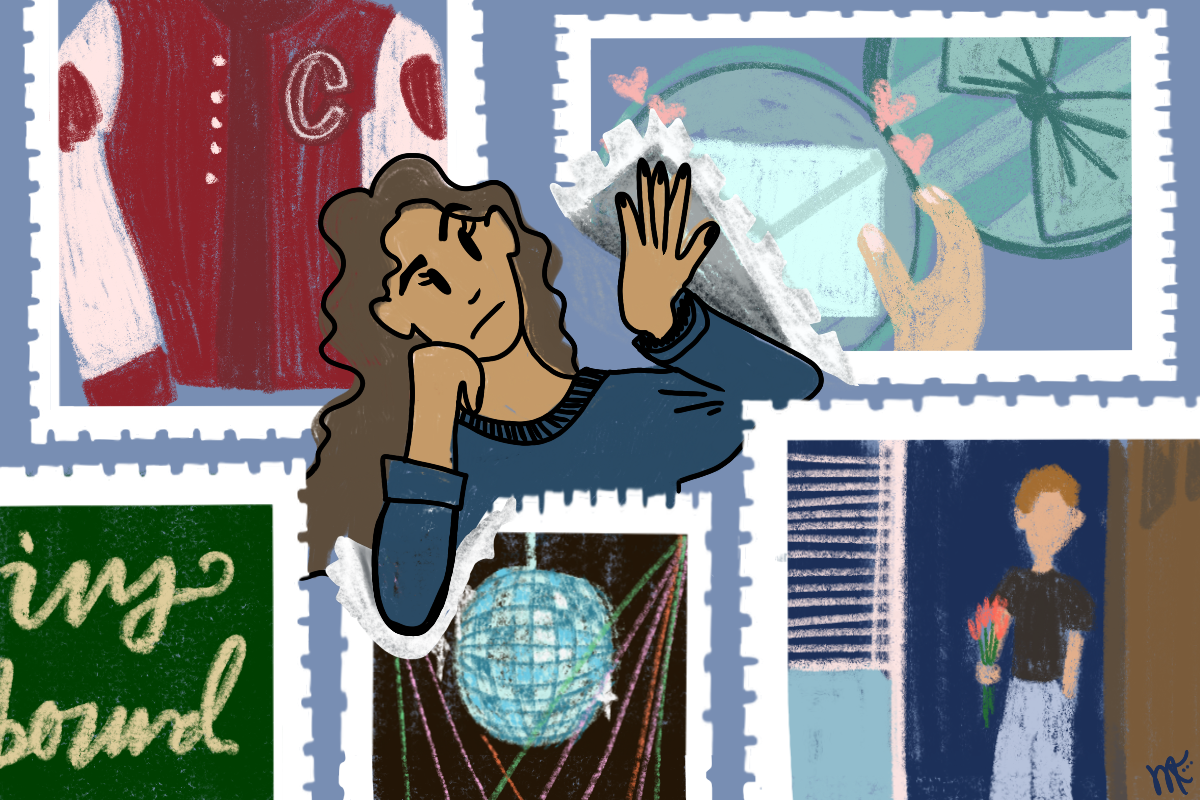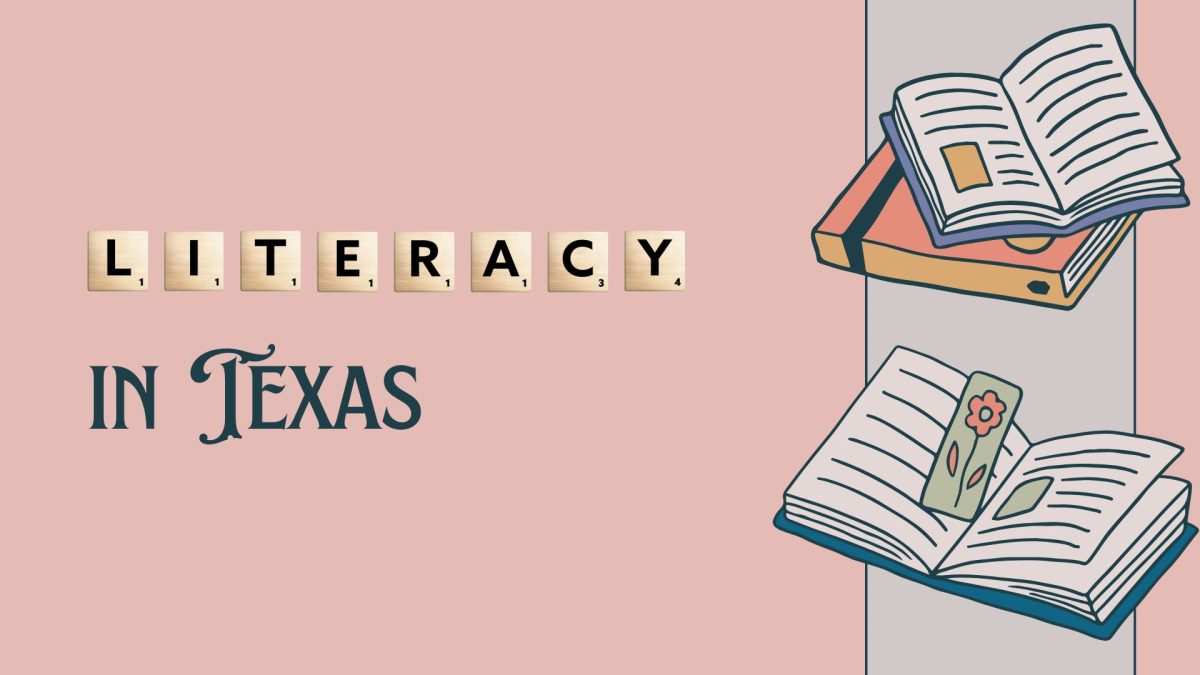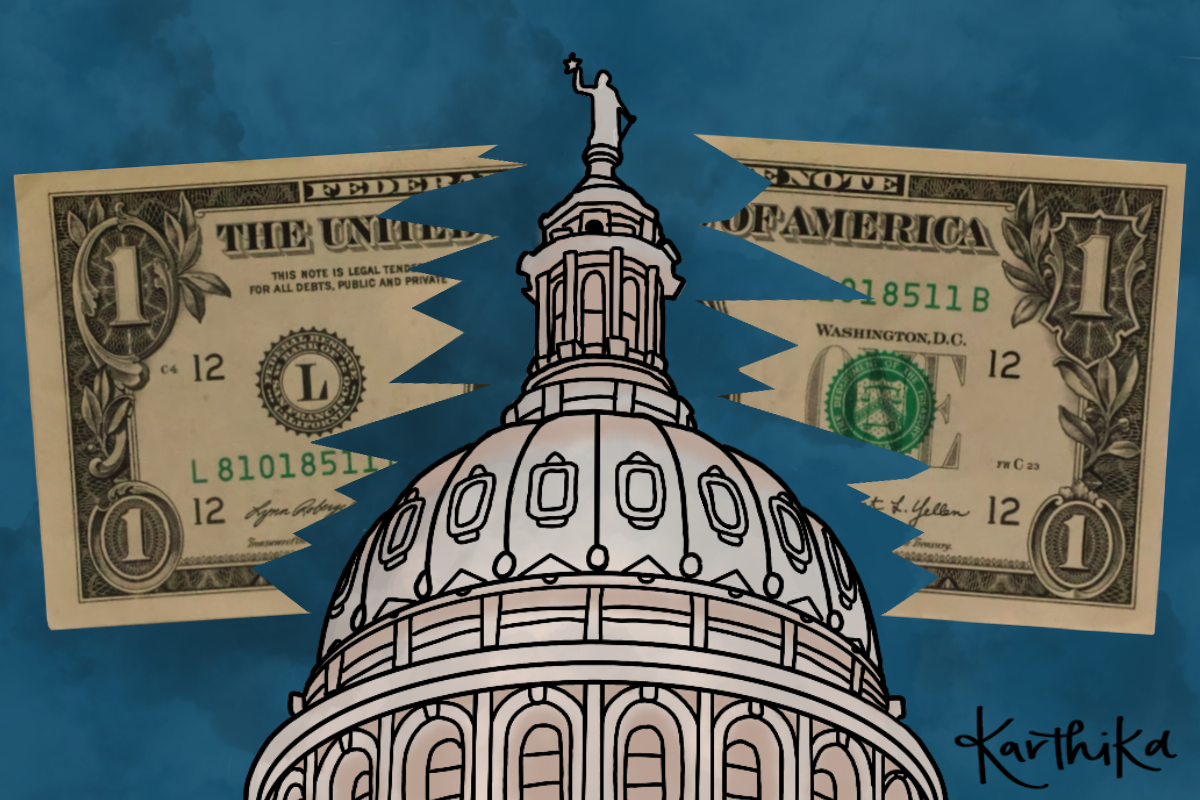
By Angela Almeida
Opinions Editor
Ines Barros de Almeida has never been one to be ostentatious. She is an acclaimed novelist, yet would prefer to boast about the genius of other writers than her own. On the weekends, she is a judge for aspiring actors trying to make their mark on the world.
I never hear about them, though. (She finds verbal dissertations about her joints far more intriguing). Hardly speaking of her past and rarely of her present, she is a soft-spoken wonder.
She is my grandmother.
Growing up, Ines never played the whole ‘I make cookies and knit sweaters’ act. Instead, she took me to the theater. I would watch her dissect the actors with knowledge of how a graceful hand movement should have complimented that tearful goodbye.
I had found my muse. Vicariously living through her unorthodox ways, I emulated her every literary pursuit. No sooner was Dostoevsky my dearest friend, Simone de Beauvoir my idol. To me, Ines’s word was not law, but the most refined and trusted taste I could one day possess.
So when I first got word of her spells of depression, I ignored them as merely the histrionic tendencies of those in touch with their “artistic” and “introspective” side. Ines was a visionary. Yes, that was the reason she grew depressed. She knew of the world’s faults, her own transgressions, things “normal” people couldn’t understand.
However, I was wrong. It wasn’t my grandmother’s knowledge that made her the victim of depression, but tragedies she never could overcome. In time, her therapy became commonplace, her anti-depressants like aspirin.
I called her one day to tell her of my first heartbreak. With a solemnity in her voice, she implored me to write. On paper, I could confide this sadness and release the hurt. For her, she sighed, writing was less painful than the alternative.
So, I am. I am writing about the sad times in our lives where the silver lining seems faint, if there at all. I am retelling the essence of a how a woman so loved could become the product of her own gloom. For me and my grandmother, I am manufacturing an aspect of our history, a time when I first acknowledge her depression – the tainted heel in her Achilles-like perfection.
I put into question what this means for us all. No matter the level of knowledge, culture or experience we achieve, can one emotion cast a shadow on our lives? And if so, when do we recover?
I wish they had a place for people like us. Attention: sad individuals, to the left, please. That is, until we are happy again and ready to rejoin our sun-shiny counterparts. I guess this is a time where the aphorism “ignorance is bliss” applies. It seems easier to remain unaware of what is to come, with solely idealistic thoughts to drive us onward. We can pass by dismal future events while giving our regards to first loves, times and deaths.
But when we begin to acknowledge our fall, we consent to the end. And in this instance, I am taking notice of my hurt to end it. Unlike Ines, I cannot let grief dominate me. Sadness, she claims, is a force of its own.
She fails to realize, however, it is a force we can control.
I never hear about them, though. (She finds verbal dissertations about her joints far more intriguing). Hardly speaking of her past and rarely of her present, she is a soft-spoken wonder.
She is my grandmother.
Growing up, Ines never played the whole ‘I make cookies and knit sweaters’ act. Instead, she took me to the theater. I would watch her dissect the actors with knowledge of how a graceful hand movement should have complimented that tearful goodbye.
I had found my muse. Vicariously living through her unorthodox ways, I emulated her every literary pursuit. No sooner was Dostoevsky my dearest friend, Simone de Beauvoir my idol. To me, Ines’s word was not law, but the most refined and trusted taste I could one day possess.
So when I first got word of her spells of depression, I ignored them as merely the histrionic tendencies of those in touch with their “artistic” and “introspective” side. Ines was a visionary. Yes, that was the reason she grew depressed. She knew of the world’s faults, her own transgressions, things “normal” people couldn’t understand.
However, I was wrong. It wasn’t my grandmother’s knowledge that made her the victim of depression, but tragedies she never could overcome. In time, her therapy became commonplace, her anti-depressants like aspirin.
I called her one day to tell her of my first heartbreak. With a solemnity in her voice, she implored me to write. On paper, I could confide this sadness and release the hurt. For her, she sighed, writing was less painful than the alternative.
So, I am. I am writing about the sad times in our lives where the silver lining seems faint, if there at all. I am retelling the essence of a how a woman so loved could become the product of her own gloom. For me and my grandmother, I am manufacturing an aspect of our history, a time when I first acknowledge her depression – the tainted heel in her Achilles-like perfection.
I put into question what this means for us all. No matter the level of knowledge, culture or experience we achieve, can one emotion cast a shadow on our lives? And if so, when do we recover?
I wish they had a place for people like us. Attention: sad individuals, to the left, please. That is, until we are happy again and ready to rejoin our sun-shiny counterparts. I guess this is a time where the aphorism “ignorance is bliss” applies. It seems easier to remain unaware of what is to come, with solely idealistic thoughts to drive us onward. We can pass by dismal future events while giving our regards to first loves, times and deaths.
But when we begin to acknowledge our fall, we consent to the end. And in this instance, I am taking notice of my hurt to end it. Unlike Ines, I cannot let grief dominate me. Sadness, she claims, is a force of its own.
She fails to realize, however, it is a force we can control.








